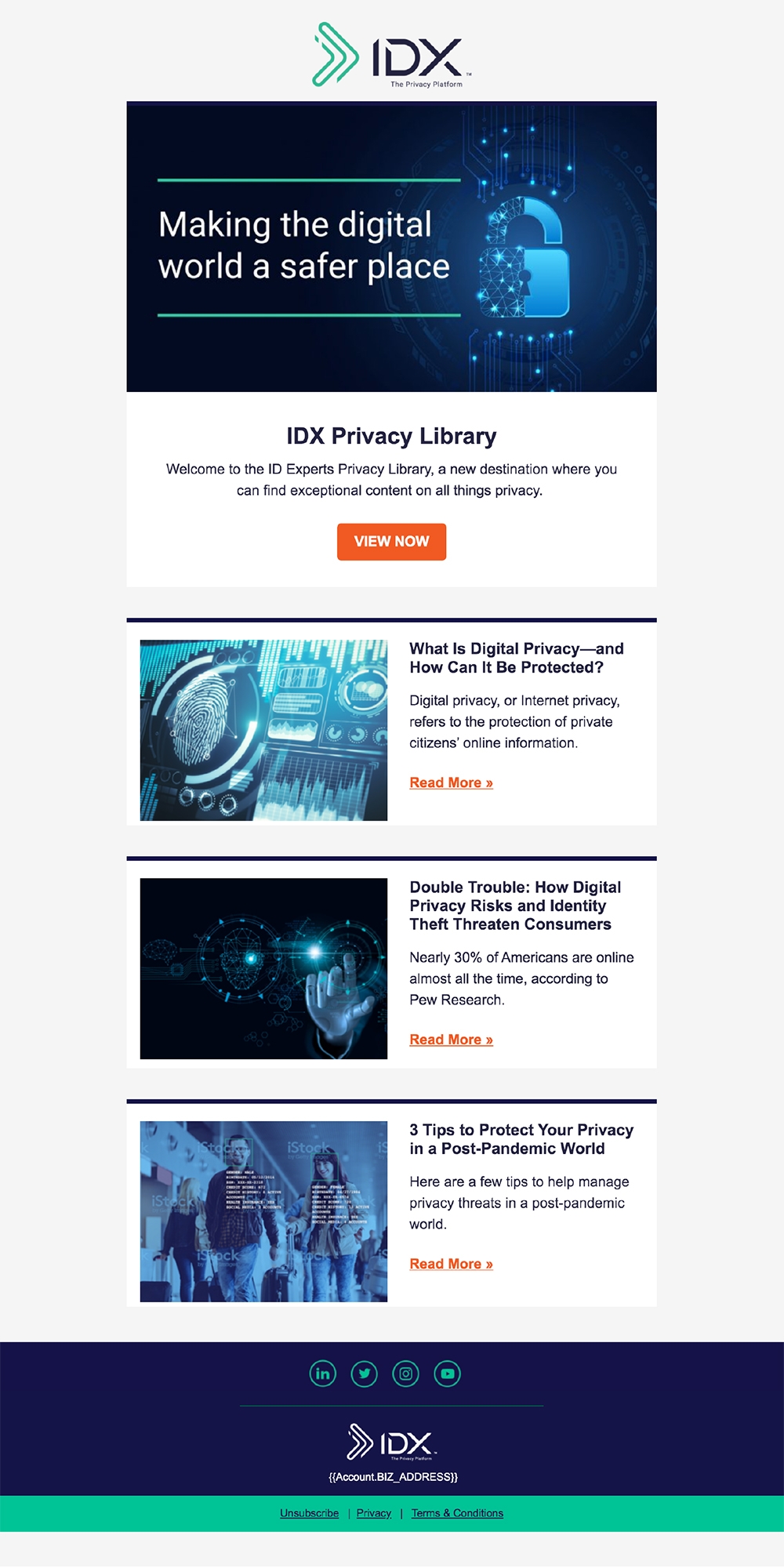Excitement About Real Estate Listing Data Explained: What are MLS, IDX, RETS

Add Custom IDX Search - Visual Editor - Carrot Help Center Fundamentals Explained
There are several options for powering your realty website. Every one has its benefits and drawbacks. If you are brand-new to IDX, we'll give you an extensive understanding of IDX, why you might want to utilize it, and what lots of representatives get incorrect when they build their sites. What is IDX? IDX means Web Data Exchange and is a realty residential or commercial property search made it possible for website that enables the public to conduct searches of authorized Multiple Listing Service (MLS) properties in a specific location.

MarketBoost™ Setup Guide - iHomefinder
Similar to Redfin, Zillow or Trulia. Internet Data Exchange (" IDX"), likewise referred to as "Broker Reciprocity," is the next stage in the evolution of MLS as the main methods of improving cooperation between REALTORS to facilitate the purchase and sale of real estate. IDX provides MLS Individuals the capability to license restricted electronic display of their listings by other Individuals.

This is where the confusion on IDX comes in Technically, IDX is the requirement for members of an MLS to share the data on their listings equally with other members of the MLS. Nevertheless, it's more complex than that. Merely accessing the data is one thing, however somebody needs to build applications that can use that data.

NEW! Market Reports – Enhance Your Lead Experience
10 Simple Techniques For Idx Investment Corp - SEC Report
There are still more than 600 MLSs today in the United States alone. While View Details has been a substantial aid in the realty market, many of these MLSs still use varying server protocols, access requirements, rate limitations, requirements, etc. to access the information. It's expensive to gain access to and stabilize this information, with it typically accepted that Zillow spent $25 million just consuming MLS and other information, which is prior to building search tools.
It includes access to the MLS data on your site and all of the modern-day house search abilities that they require to find their next home. Frequently consumers will initially go to Google or another online search engine and look for something like: Condominiums in downtown Dallas, Chicago waterside condos, Single-family homes near Liberty high school, Houses for sale in Charlotte With Google's shift to "user intent", the search results page for each of these searches could render really different results based on what the online search engine currently knows about the person.
